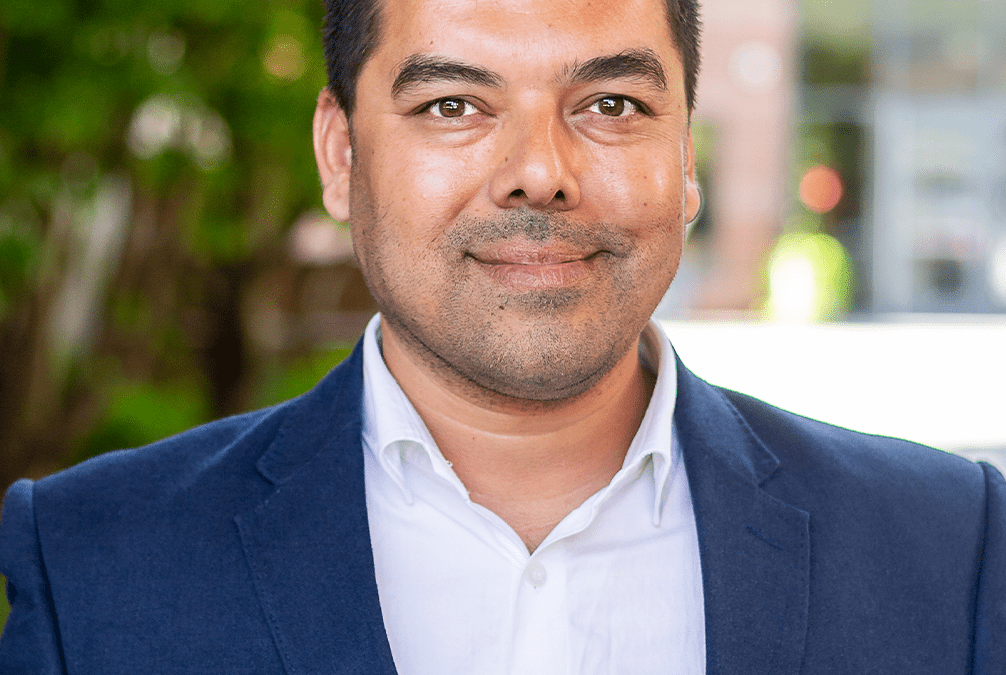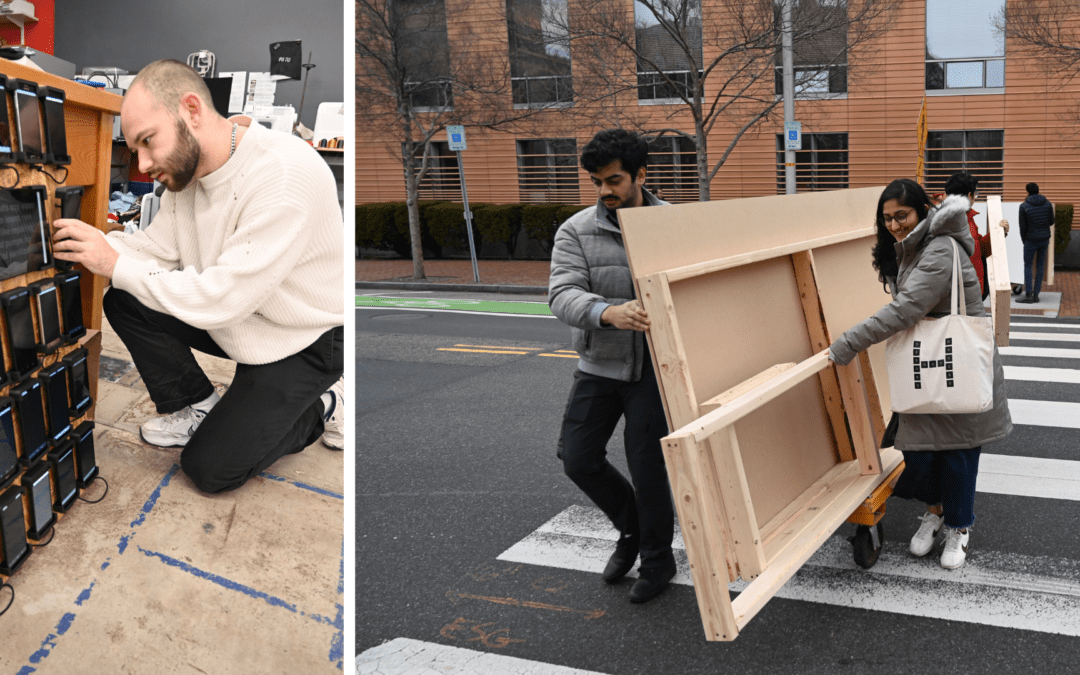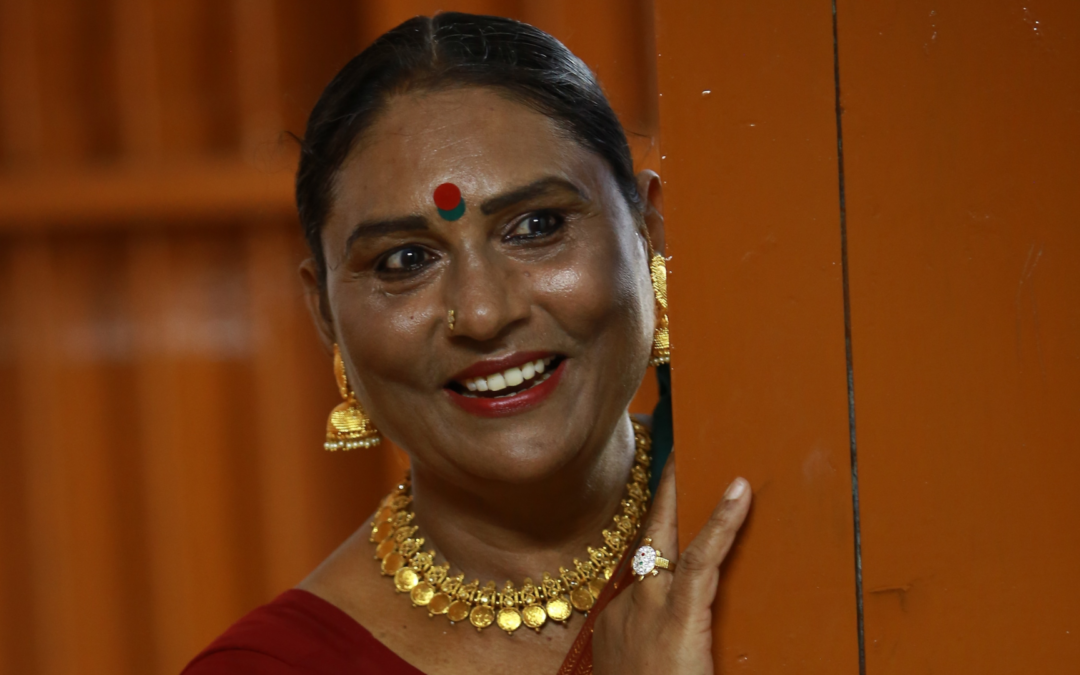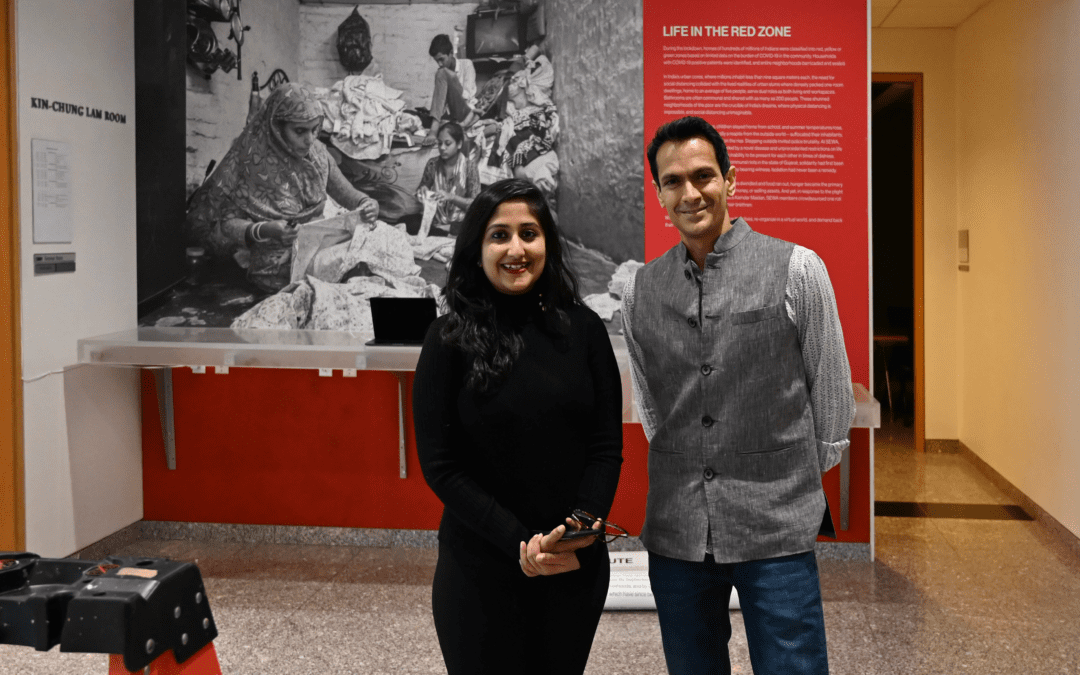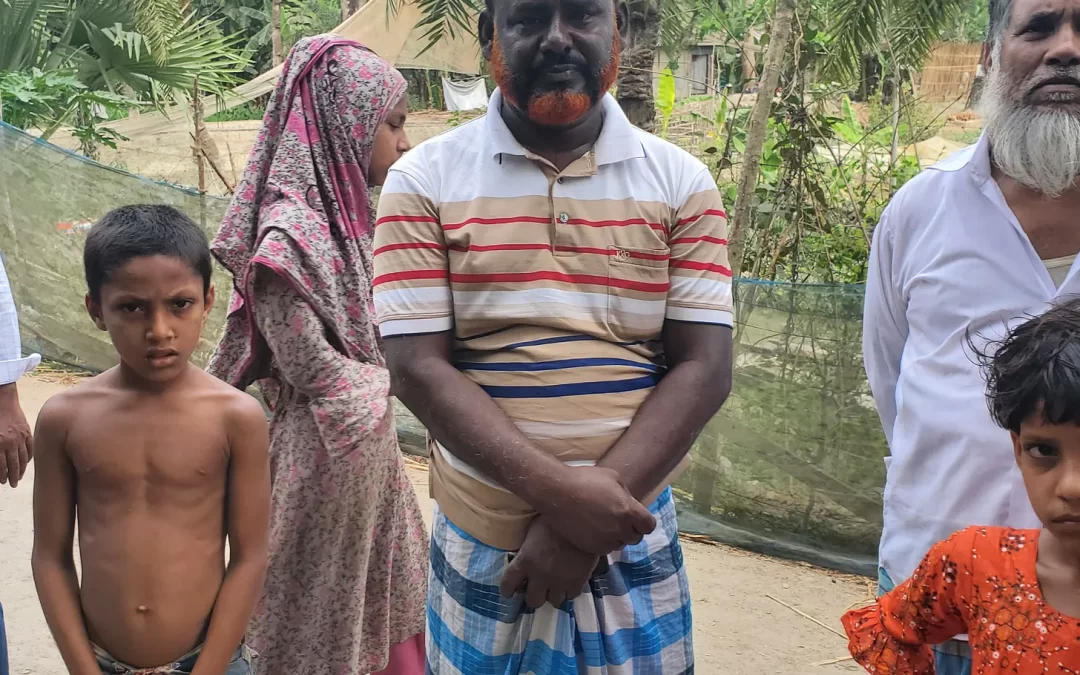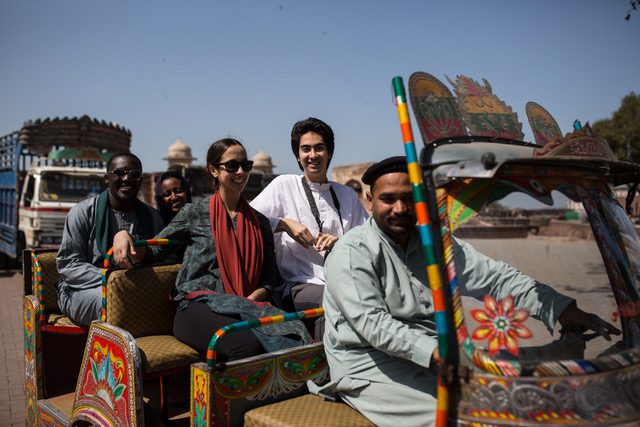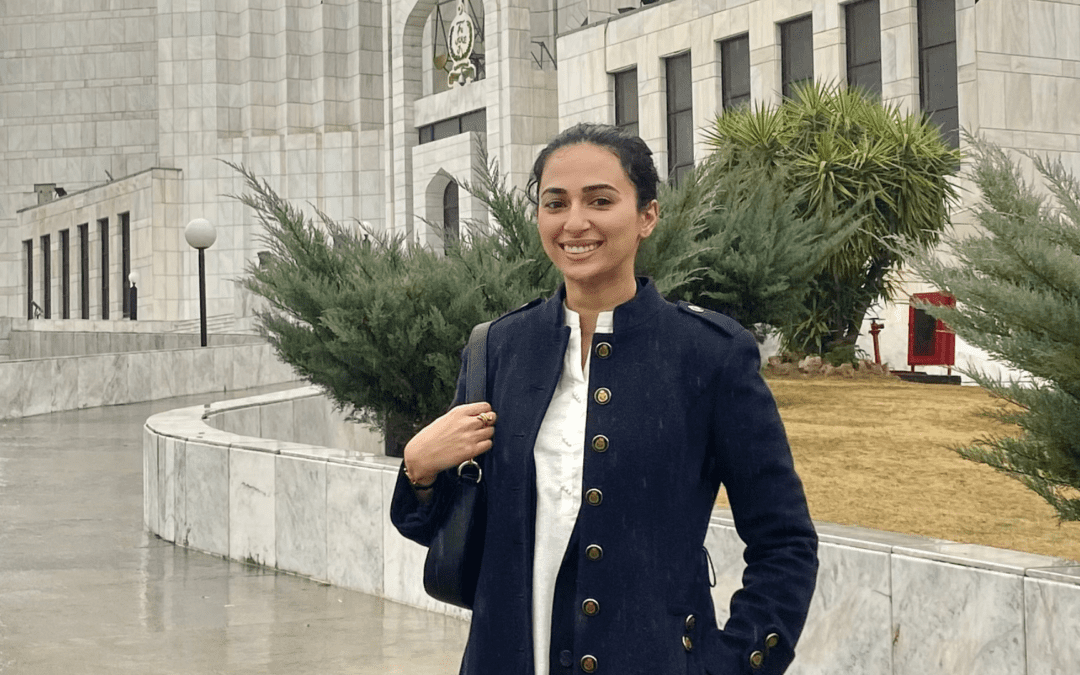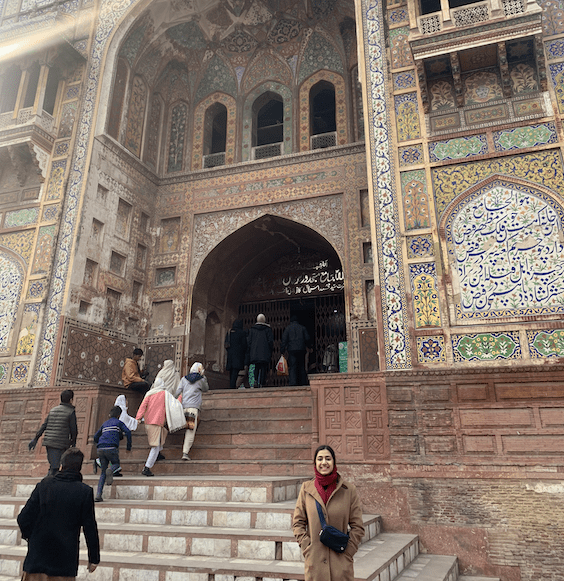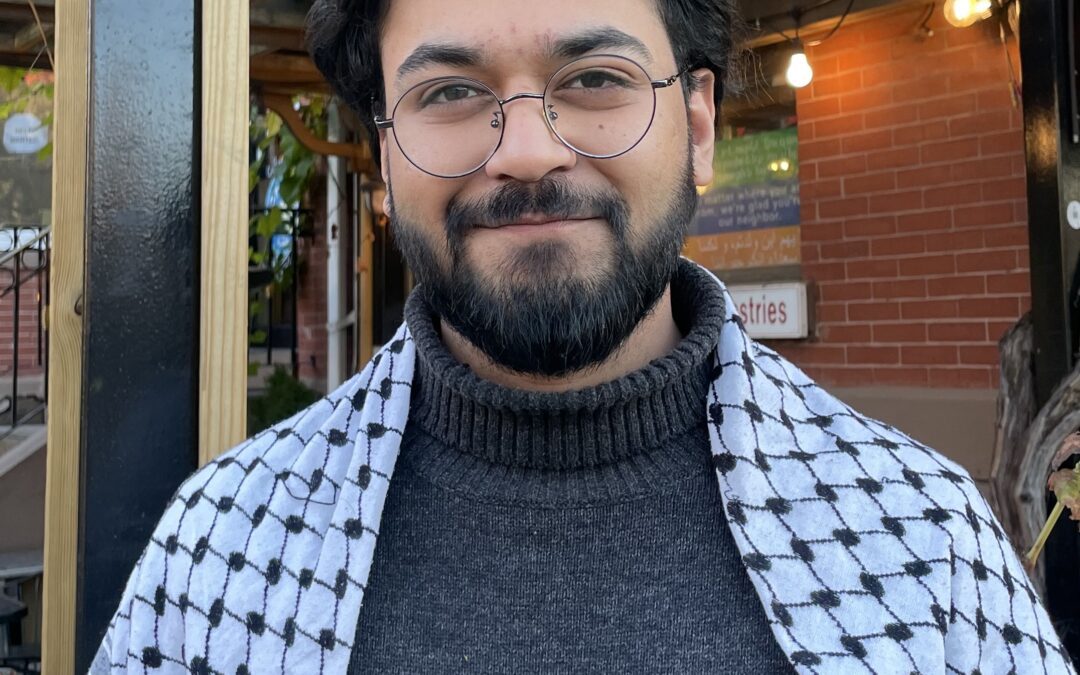On Community Engagement for Climate Resilience: A Q&A with Mihir Bhatt
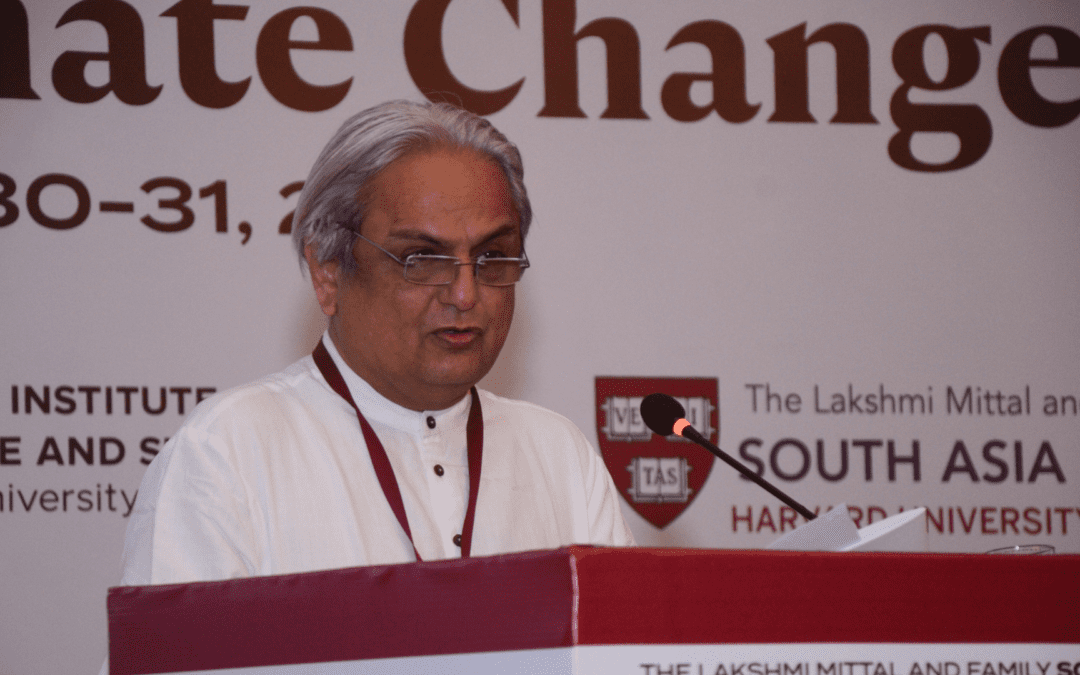
In this second instalment of a new interview series with Mittal Institute’s Climate Change Platform collaborators in South Asia, we spoke with Mihir Bhatt, the director of the All India Disaster Mitigation Institute. An architect and city planner by training and practice, he’s a former fellow with the François-Xavier Bagnoud (FXB) Center for Health and Human Rights and Harvard Humanitarian Initiative at Harvard University and was deputy lead to joint evaluation of the humanitarian work of both UN and international nongovernmental agencies on tsunami relief and rehabilitation activities in coastal areas of South India, and Indonesia. He was a coordinating lead author of a chapter of the Intergovernmental Panel on Climate Change Special Report, “Managing the Risks of Extreme Events and Disasters to Advance Climate Change Adaptation” where heatwaves were a focus.

